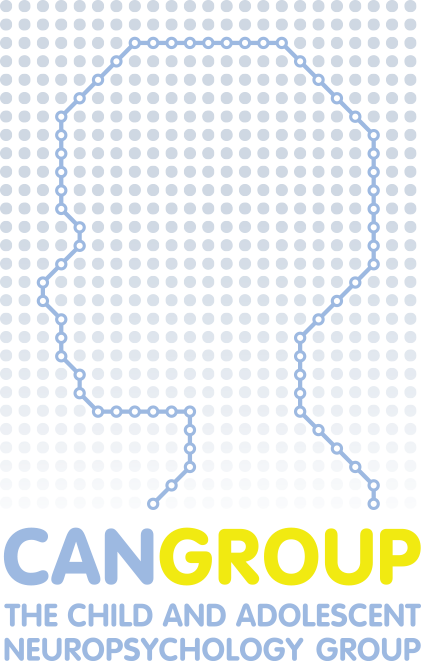Short-Term Memory and Working Memory
Short-term (immediate) memory refers to the amount of information that an individual can passively take in and hold onto without performing an action on it, such as when someone tells you their phone number and you repeat it while you write it down. Working memory is a more complex skill. It is a temporary store, which holds and manipulates incoming, task-relevant information, and integrates it with other information in long-term memory when required. Critically, efficient working memory functioning relies on good attention skills, as information in working memory can be lost if attention is disengaged (e.g., a child becomes distracted by something outside the window and forgets the instructions that were just given).
Children with poor working memory can have a range of difficulties, because their working memory is easily overloaded by too much information at once. For example, they may struggle to follow instructions (seeming “lost” or only completing some steps in a task), have difficulty planning out the steps in a task (because they can’t keep all the relevant information in mind), avoid answering questions in group situations (as they can’t keep the question and their answer in mind whilst waiting for their turn), and often give up on tasks quickly (because the demands on their working memory are too much). These challenges mean that children with poor working memory are likely missing crucial information needed to guide their learning, resulting in gaps or delays in their skills and knowledge.
Evaluating a child’s working memory skills is a key component of a neuropsychological assessment, as working memory is constantly being used by the child (both during the assessment and in day-to-day situations). Assessment includes simple tasks of short-term memory (such as repeating strings of numbers or sentences), as well as more complex tasks that involve holding and “juggling” many pieces of information at once. Both the capacity of working memory (i.e., how much can be held in working memory at once), and the processing in working memory (i.e., the “juggling” of information and the overall task performance) are considered. A thorough understanding of a child’s working memory can assist in understanding difficulties they may experience in other areas (such as new learning and memory, or executive functioning), as well as understanding difficulties with learning and academic progress.
Request further information
For general enquiries, please complete the form below.
Alternatively, if you require a booking with one of our Neuropsychologists,
please click here to proceed to our referrals & bookings page.

